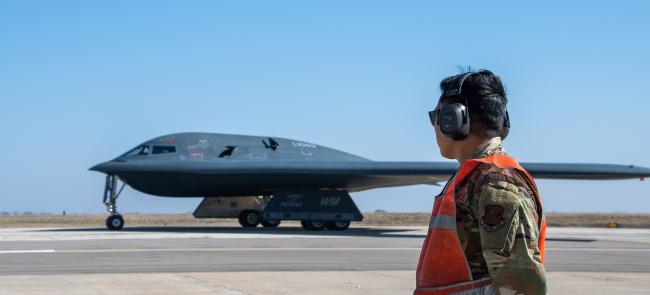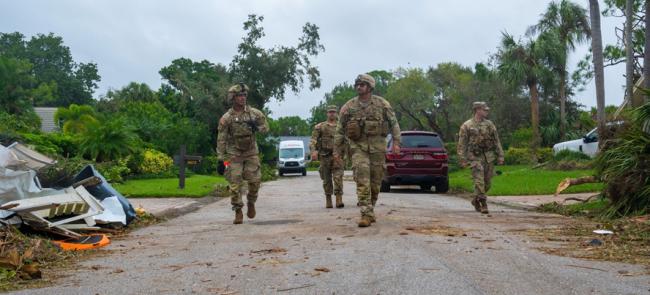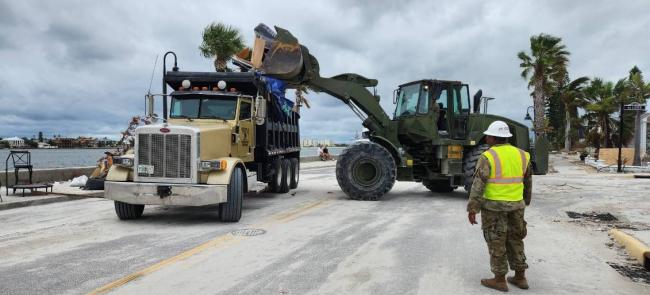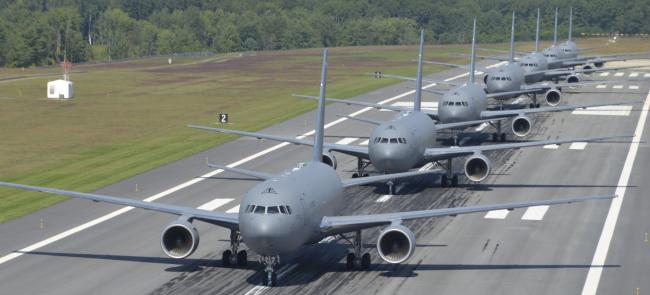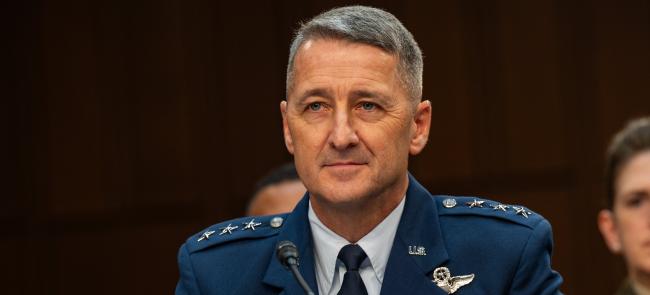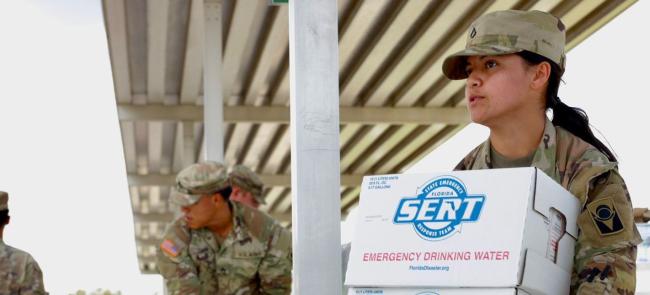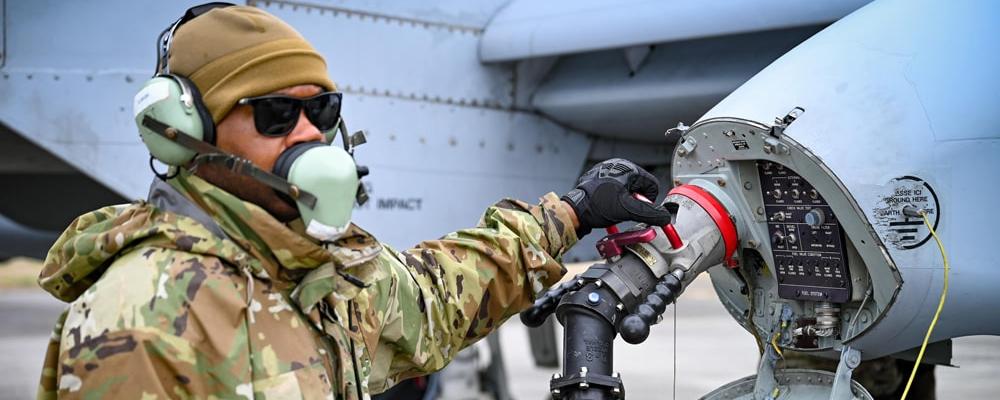
U.S. military pilots and ground crews are at higher risk for certain cancers than the general population, according to a recent Pentagon study.
The study found that air crews had a 24% higher overall cancer rate, while cancer among ground crews was 3% higher than the general population.
The Defense Department examined approximately 900,000 service members who flew or worked on military aircraft between 1992 and 2017 for the Feb. 8 report.
The Associated Press first reported the study’s details Monday, over a month after DoD sent the findings to key members of Congress.
Congress mandated that DoD analyze the cancer rate among U.S. military pilots and ground crews in the fiscal 2021 National Defense Authorization Act.
DoD’s examination follows years of concern among pilots about the prevalence of cancer in their ranks.
But DoD said that the study "does not imply that military service in air crew or ground crew occupations causes cancer."
The report said that "there are multiple potential confounding factors that could not be controlled for in this analysis."
Examples include alcohol use, smoking or a family history of cancer.
DoD learned that air crew members had an 87% higher rate of melanoma and a 39% higher rate of thyroid cancer.
Among air crews, men had a 16% higher rate of prostate cancer, while women had a 16% higher breast cancer rate.
Ground crew members had a 19% higher rate of brain and nervous cancers, a 15% higher rate of thyroid cancer and a 9% higher rate of kidney and renal cancers.
Female ground crew members also had a 7% higher breast cancer rate.
Yet DoD’s examination contained some positive developments about military health nationwide.
Both air and ground crews experience far lower lung-cancer rates than the nation’s general population.
Air crews also have lower bladder- and colon-cancer rates than their general population counterparts.
The study additionally determined air and ground crew members diagnosed with cancer are more likely to survive than general population members.
DoD’s report suggested that service members are diagnosed earlier due to regular required medical checkups and often have better health due to military fitness requirements.
The Pentagon must now conduct a wider cancer review due to the higher rates of the illness in the armed forces.
First, DoD must pull Department of Veterans’ Affairs and state cancer registry data that may have missed people who got sick after leaving the military’s medical system.
Second, the Pentagon must try understanding the type of aircraft and locations involved with diagnosed crews.
DoD must finally identify "the carcinogenic toxicants or hazardous materials associated with military flight operations" during the second study’s last phase.
— By Mark Hensch

